6A /// NA DVORIŠČU NA PREPIHU
How would you describe the Austro-German Romantic tradition? It’s very different from British romanticism, right?
“I was referring to Romantic in a general way rather than Romanticism. Like Romantic as opposed to analytical. When I was thinking about electronic music – not German electronic music, but electronic music in general – I realized that what we call minimal nowadays, which is a word I don’t really like much, but let’s use it…Minimal electronic music, especially in Germany nowadays, is always connected to certain economy. The dancefloor is an economy – the functionality of music these days, in my opinion, is very strongly connected to whether it’s marketable or economically feasible or not. To me, that’s where minimal stands at the moment. Suddenly I was reading a poster in Vienna about Biedermeier – which was a post-romantic movement in Austro-Germany. It was a poster for something called Biedermeier: The Invention of Simplicity. This was something right before the 20th century, before World War I. I realized that what we would call minimalism nowadays – not only in music, but also in art and in architecture and in general culture – it can be seen very much in that strain. We’re still escaping or repulsing from a very, let’s say, baroque movement. We’re still trying to get away as far as possible from the ornament, from everything which was connected to the pre-bourgeois culture. Interestingly, in the very beginning of the, let’s say, ‘invention of simplicity’, there was always a kind of melancholy, especially the Austro-German romanticism. If you listen to the music for Schubert, for example: he was really extremely minimal for the time, but at the same time it was songs about love, songs about being abandoned, about some eternal search, very romantic topics. And this disappeared after WWII, I would say. Especially in German music, it disappeared completely. From this moment on, everyone was suddenly making music about machines, and technology, and this whole romantic element was gone.
“I didn’t really know why – and then I suddenly realized that I was very bothered by the fact that minimal music, let’s say electronic music, is so connected to elements which, in a way, are just post-capitalist fragments. I mean, technology and all that, what’s so interesting about it? I found it just very, very uninteresting to make music about technology, you know? Especially when I then re-listened to Kraftwerk I found that they had a lot of Romantic elements – like the way they were singing about an Autobahn, or a train or something – even though it was technological topics, or topics of modern life, it always had a romantic connotation to it, which was for me the connection-point. I talked with Florian Schneider about it, and he was very annoyed about how they [Kraftwerk] were perceived, and which type of musicians say that they’re inspired by Kraftwerk when they lack entirely this romantic aspect which for Kraftwerk was very important. He felt that what they were doing in the 70s and 80s was a bit misunderstood. All that was kind of in my head, thinking how minimal electronic music with a romantic sensibilty might sound. I wanted to reconnect with a certain type of content that I found had been abandoned during the last maybe 40 years…
Atom TM

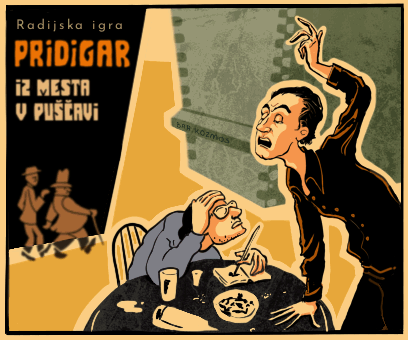
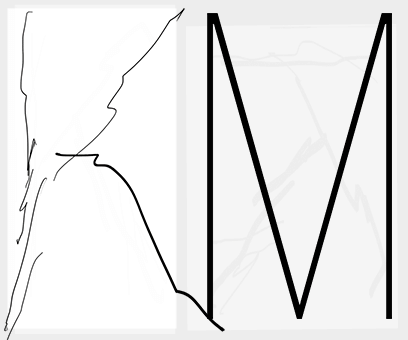

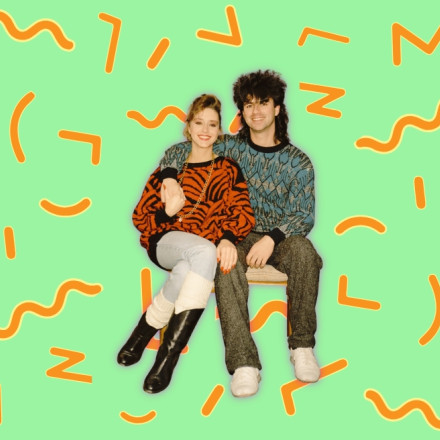
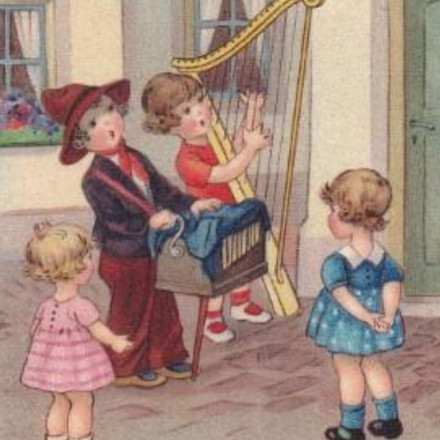
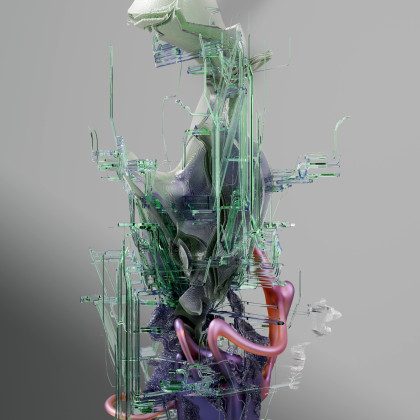

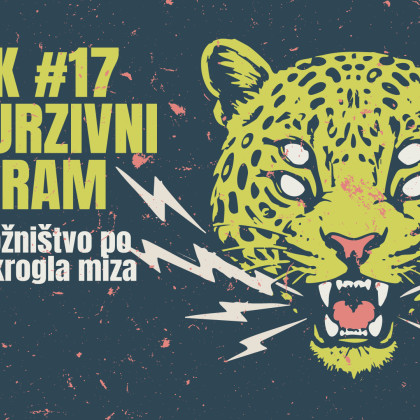
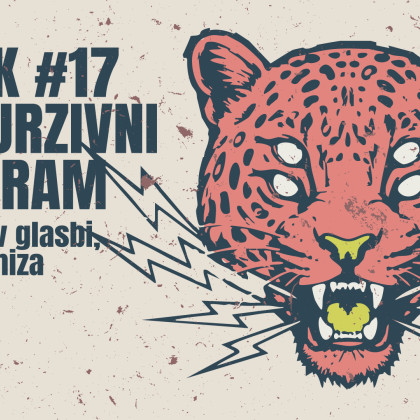
Dodaj komentar
Komentiraj